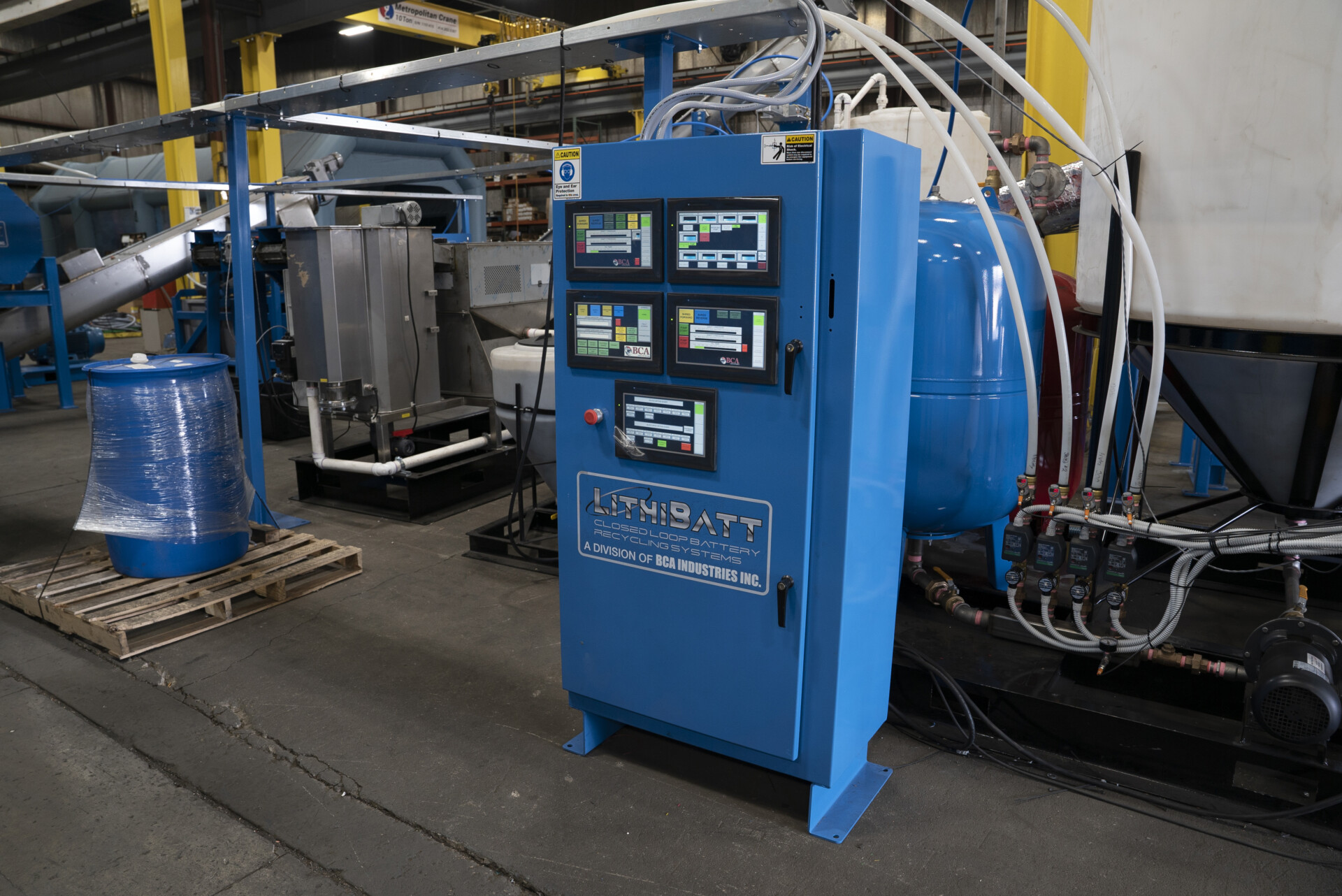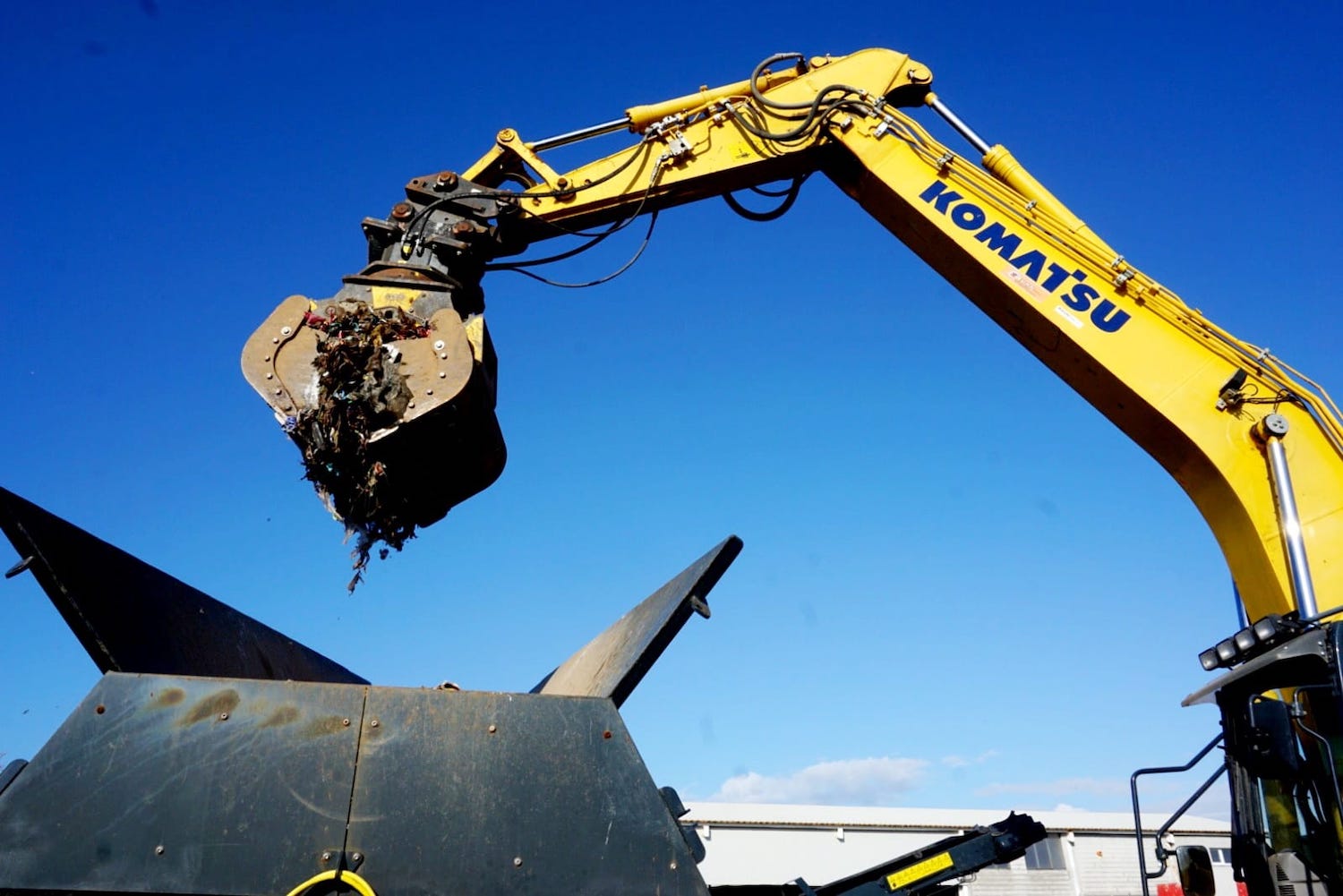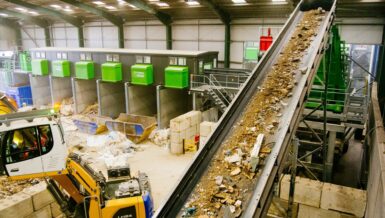Fundamentals of Closed-Loop Recycling Systems:
Closed-loop recycling, also known as circular recycling, involves creating a continuous cycle where products, once used, are recycled into raw materials and then reintroduced into the manufacturing process to develop new products. Unlike traditional recycling, where materials may degrade or downcycle, closed-loop systems aim to maintain the quality and integrity of materials through successive recycling loops.
Innovative Materials and Designs:
Recyclable Plastics: Companies increasingly focus on developing plastics that retain their properties after multiple recycling cycles. Innovations like polyethylene terephthalate (PET) and high-density polyethylene (HDPE) are being engineered to ensure they can be recycled repeatedly without losing quality, enabling their use in various applications.
Biodegradable and Compostable Materials: Bioplastics and compostable materials are gaining traction in closed-loop systems. These materials, derived from renewable sources, break down naturally, offering an eco-friendly alternative to traditional plastics. Companies are investing in research to enhance the quality and durability of these materials for multiple recycling cycles.
Modular Design and Material Traceability: Designing products with modular components and clear material traceability enables easier disassembly and separation of materials at the end of a product’s life cycle. This facilitates efficient recycling and ensures that valuable materials are retained for reuse in new products.
Technological Advancements:
Advanced Sorting and Separation Technologies: Innovations in sorting technologies, such as AI-driven sorting systems and robotic sorting arms, enhance the efficiency and accuracy of material separation. These advancements enable the segregation of different materials, even those with similar properties, facilitating closed-loop recycling processes.
Chemical Recycling and Depolymerization: Chemical recycling methods, like depolymerization and pyrolysis, break down complex materials into their constituent elements or monomers, allowing for the creation of high-quality raw materials. These technologies show promise in recycling materials, such as mixed plastics or composite materials, that are traditionally challenging to recycle.

Implications for Recycling Professionals:
Enhanced Material Recovery: Closed-loop recycling systems allow recycling professionals to recover higher-quality materials, thereby reducing dependence on virgin resources and minimizing waste destined for landfills or incineration.
Circular Economy Integration: By adopting closed-loop systems, recycling professionals contribute significantly to the circular economy paradigm. Continuous material circulation promotes resource efficiency and reduces environmental impact.
Collaboration and Innovation: Embracing closed-loop recycling necessitates collaboration among recycling facilities, manufacturers, policymakers, and consumers. Innovation in materials, designs, and recycling technologies requires collective effort and investment.
Challenges and Considerations:
Despite the promise of closed-loop recycling, challenges persist:
Technological Limitations: Developing materials that can endure multiple recycling cycles without compromising quality remains challenging. Research and development are essential to overcome technical limitations.
Infrastructure and Investment: Expanding infrastructure for advanced recycling technologies and investing in scalable closed-loop systems demand substantial capital and logistical support.
Consumer Education and Participation: Encouraging consumer awareness and active participation in recycling practices is crucial. Education on proper recycling methods and the importance of closed-loop systems is essential for success.
Conclusion:
The evolution of closed-loop recycling systems marks a significant leap towards a sustainable future. Recycling professionals are pivotal in advancing these innovations, driving the shift towards circularity in materials usage and waste management. Embracing the principles of closed-loop recycling not only reduces environmental impact but also fosters economic growth through resource efficiency. To unlock the full potential of closed-loop systems, concerted efforts in research, investment, and collaboration across industries are imperative. Together, we can pave the way for a more sustainable and circular economy.
























